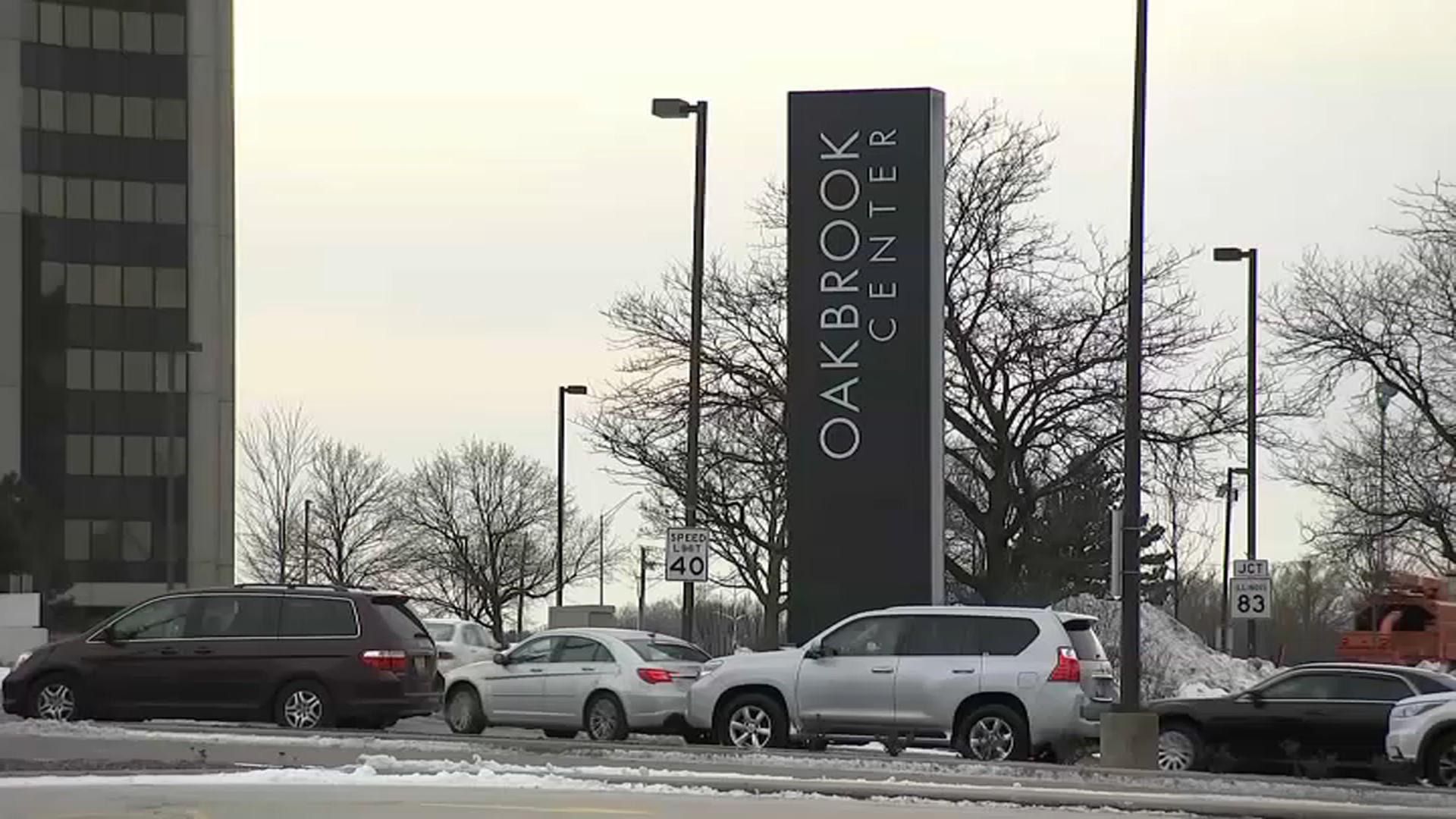People wanting jobs on the city payroll allegedly mowed the lawn, shoveled snow and washed windows at the home of the city's commissioner of streets and sanitation and some gave him money and gifts, federal prosecutors said Monday.
Prosecutors made the allegation in court papers filed in the case of former Chicago streets and sanitation commissioner Al Sanchez.
Sanchez is charged with taking part in a scheme to falsify city hiring documents to make it appear that jobs and promotions were being awarded on the basis of merit when they were actually granted based on politics.
Some gifts Sanchez received from people hoping for jobs or promotions included "cash for parties in Sanchez's honor," the court papers said.
Many of those seeking jobs and promotions were members of the Hispanic Democratic Organization. Sanchez was an official of the group which worked at election time for Mayor Richard M. Daley and his allies.
"Individual HDO Southeast participants who sought job-related benefits included individuals who provided Sanchez with various personal services and things of value," according to the court papers.
They said one man was asked to go to Sanchez's house and mow his lawn. He did so and "observed multiple HDO participants at Sanchez's house performing yard work and washing the windows of Sanchez's house."
Local
Another man was asked "to perform services at Sanchez's house, including cutting grass, removing snow and cleaning the yard."
Sanchez's defense attorney, Thomas M. Breen, said that he was studying the court papers and would not have any immediate comment.
The Sanchez case is an outgrowth of a federal investigation of patronage abuses at City Hall. Four city employees were convicted in federal court in 2007 of taking part in an illegal scheme to conceal the continued use of patronage in hiring.
Political patronage -- rewarding election workers with city payroll jobs -- is an entrenched tradition in Chicago going back a century. A 1969 court order known as the Shakman Decree makes it illegal in most cases.
But that decree was flouted for years. A court-ordered monitor appointed three years ago to determine if the city has finally started to comply has said considerable improvement is needed.



